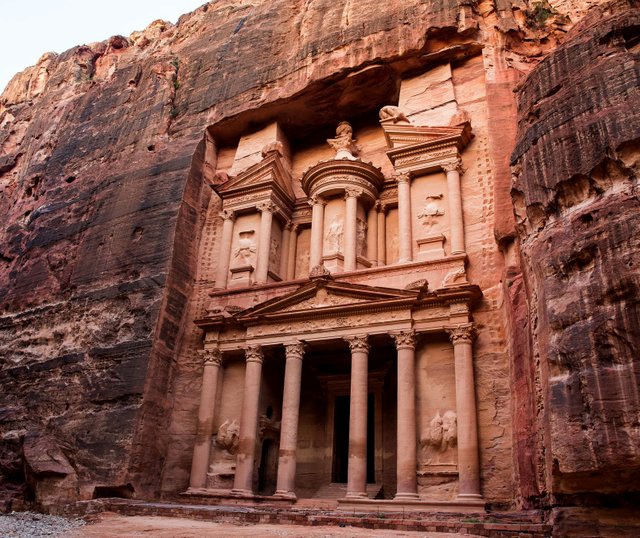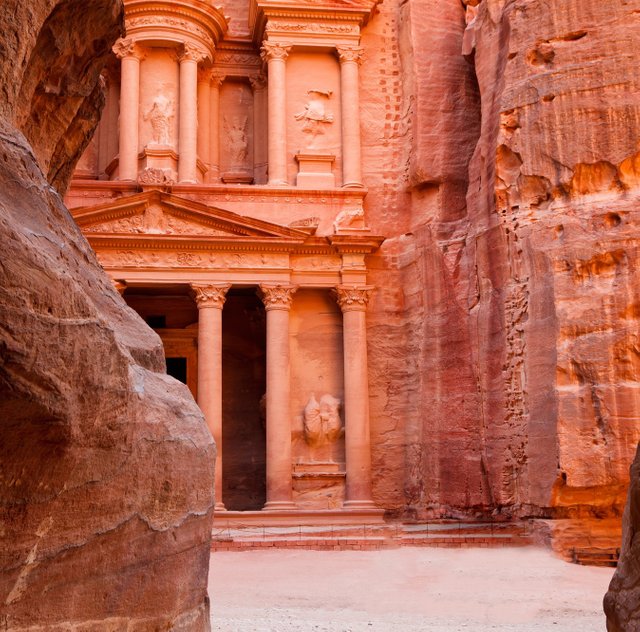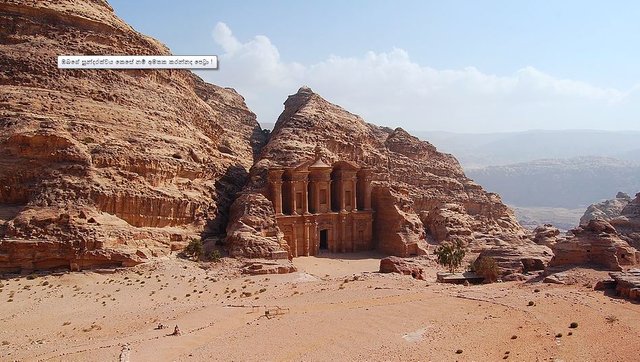This is the Petra, or Rose Town, which is spread by the Jordanian

In 1812, Louis Luegwig of Switzerland visited an exploration tour in Jordan. His guide told him that a god on a rock located in one part of Jordan is working and some people go to that rock to worship him. From this point on, Ludwig was able to find a city that was covered with dusty sand in the Jordan desert. The city of Petra, which was not seen all over the world, turned to the attention of explorers and tourists.
Sand dunes sand and sand cover the city of Petra from the ruins of the Jordan Desert. In fact, Petra is the most visited tourist destination in Jordan.
The ancient city of Petra is located between the Red Sea and the Black Sea. Petra means rocky. It was Greek. The city of Petra was considered the capital of the people of Nabataeans. The Nabataeans people made this creation with the natural wonders of the world in 2007.

It was through this place that the main roads of the caravans, a major component of trade, had fallen. There are roads leading to western Gaza, Bozrah, and to Damascus and many important cities.
According to history, In about 312 AD, the Nabatiens, which belonged to an Arab tribe, established settlements around these settlements. They used Petra as a major trade center. As the first caravans crossed through Petra, and as this was known as oasis, the Petr River rulers decided to tax as a way of income. This caused a lot of income in Petra. It was one of the reasons why Petra was so successful.
Only a small part of the area got rain. But its inhabitants managed to manage the minimum amount of water, and use it thriftily. Thus, there is archeological evidence that this city had a special water transport system.
Actually, Petra is a ruined building complex. Too many people are still exploring the site.

Historical place
Thanks
Posted using Partiko Android
Nice photos man
thanks dear
I love to know about historical places